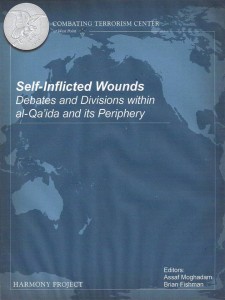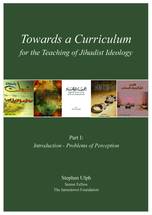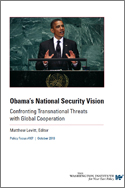The below was inspired by a close look at the evolving concept of cyber-commands. In our judgment, LtGen Keith Alexander, USA and those in charge of the various service cyber-commands are headed for spectacularly expensive failure, minor operational successes not-with-standing. The officers concerned are well-intentioned, precisely like their predecessors who chose to ignore precisely the same insights published in 1994–they simply lack the intestinal fortitude to break with the past and get it right for a change. What they plan is the cyber equivalent of “clear, hold, build,” and just as mis-guided. They are out of touch with reality and will remain so. They will all be happily retired long before the predictable recognition of their failure occurs, and the next generation of young flags will make the same mistakes again…and again…until we get an honest President with an honest Office of Management and Budget (OMB) able to demand and enforce integrity across the board.
Draft Monograph on Cyber-Command
See Also:




